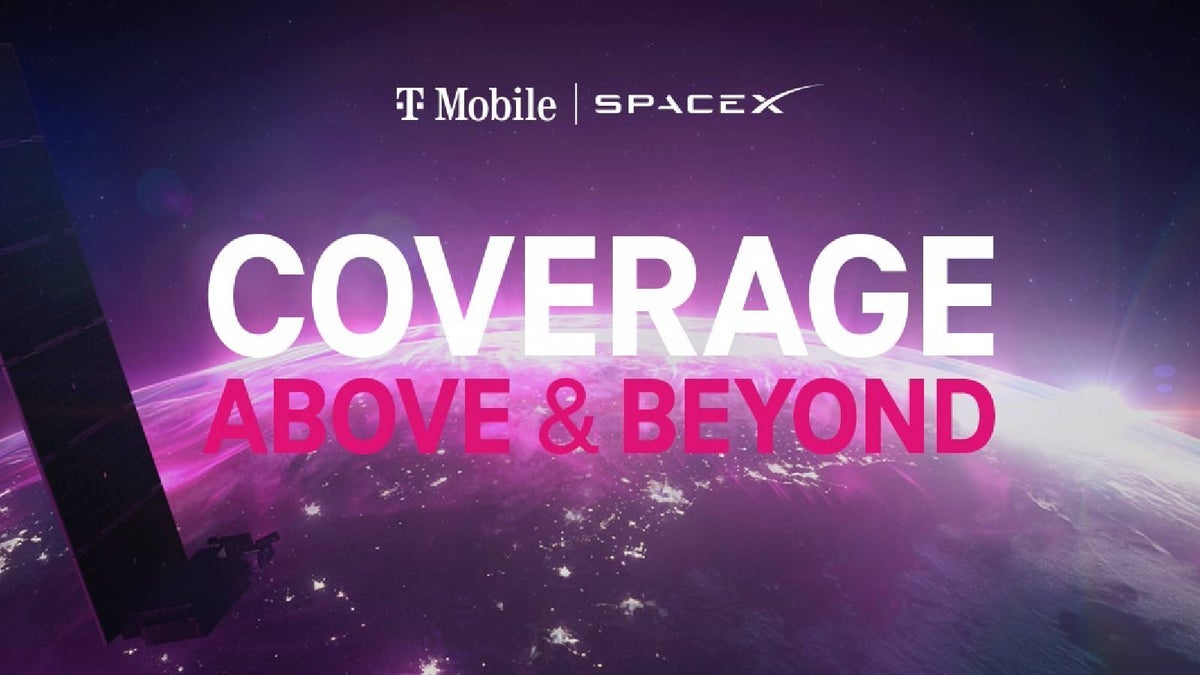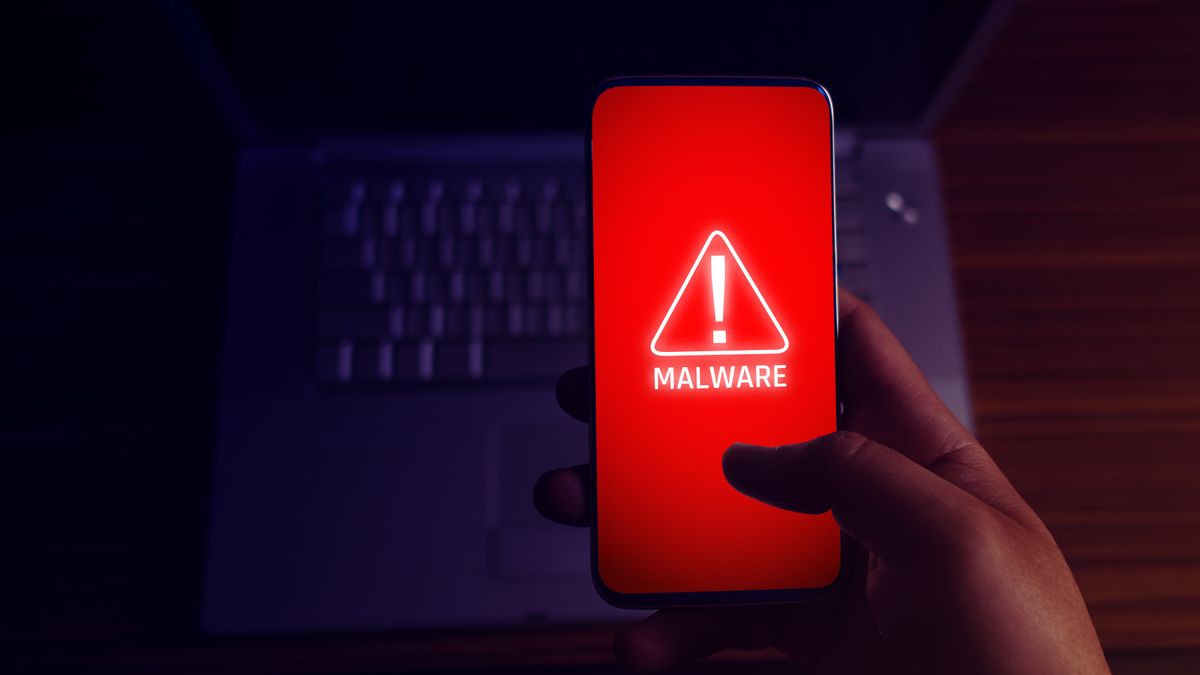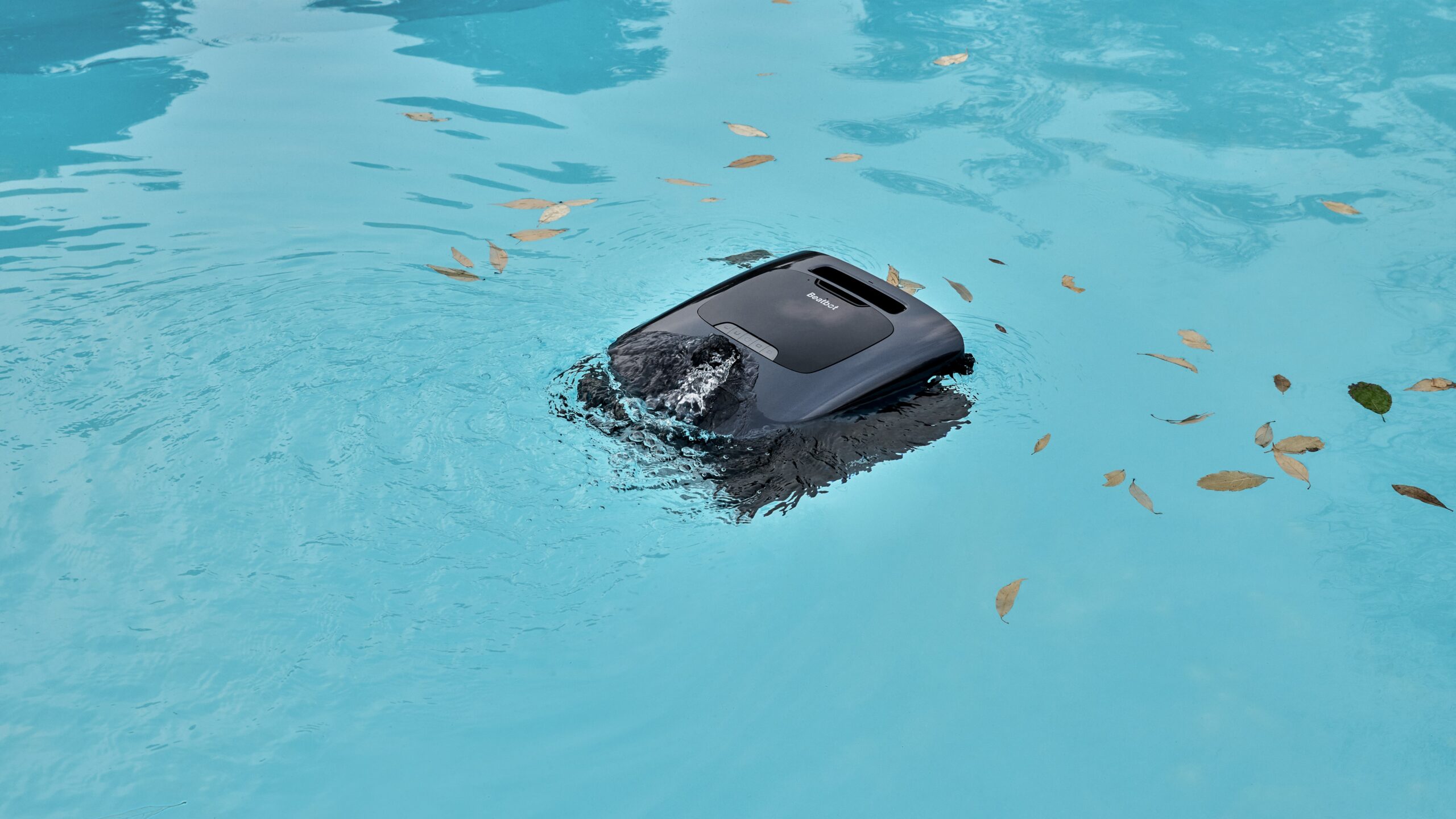“Eliminating dead zones with cell towers in space – aka direct-to-cell satellites – is becoming a reality and hit a new milestone today. T-Mobile opened registration for a beta program coming early next year as Un-carrier partner and satellite technology trailblazer, Starlink, continues to launch direct-to-cell satellites into orbit at a rapid pace.”-T-Mobile
T-Mobile notes that it is giving first responder agencies and individuals priority when it comes to the limited number of spaces available for the beta. That’s because these agencies and people have the role of safeguarding communities and their need to connect to a cell signal via satellite might be more important even when it comes to a beta test.
“T-Mobile Starlink is the first major low-earth orbit constellation in the world paired with terrestrial cellular spectrum, making the phone in your pocket work in areas of the U.S. that have never, and probably never will, have ground based coverage. It’s a truly groundbreaking engineering breakthrough and means that we are one step closer to helping T-Mobile customers have confidence that, no matter where they are, if they can see the sky, they will be covered by T-Mobile.-Mike Katz, President of Marketing, Strategy and Products, T-Mobile
T-Mobile calls the beta test “the next big step for T-Mobile Experience Coverage Beyond.” The latter is T-Mobile‘s service that delivers to subscribers the best signal available in the continental United States, areas of Alaska, Puerto Rico, and U.S. waters. This will deliver cell signals to subscribers even if they are outside the signal area of the carrier’s terrestrial cellular network.
Because first responders needed to communicate during Hurricanes Helene and Milton, T-Mobile activated its Starlink service even though it was not yet ready for commercial use. First responders and loved ones were able to use the service to stay in touch with others during the storms and the aftermath. Customers with capable devices were able to receive emergency alerts and send/receive messages when satellites were overhead.
This real-life test helped those who lost cell and broadband service during the hurricanes. It also provided T-Mobile with information it can use to refine the system.










